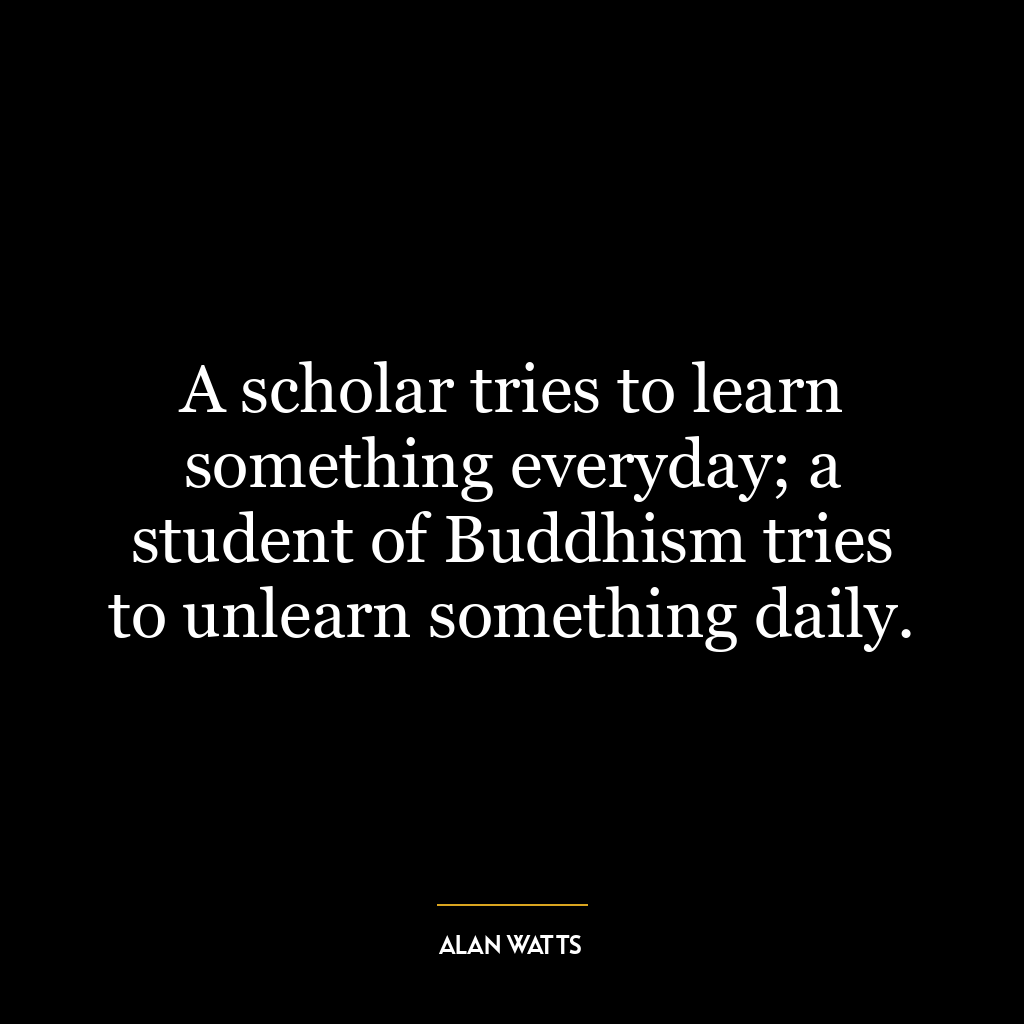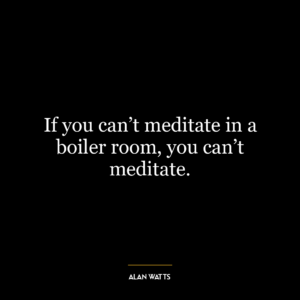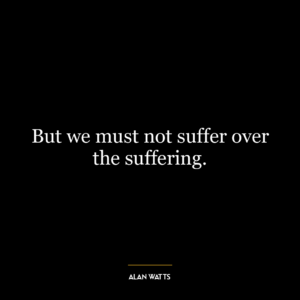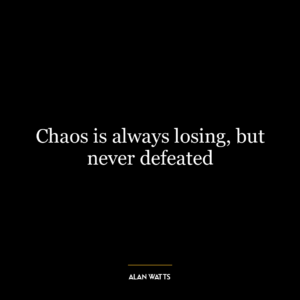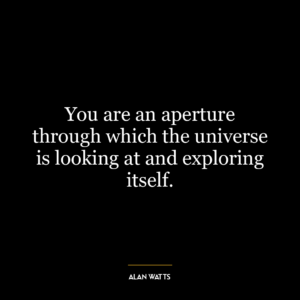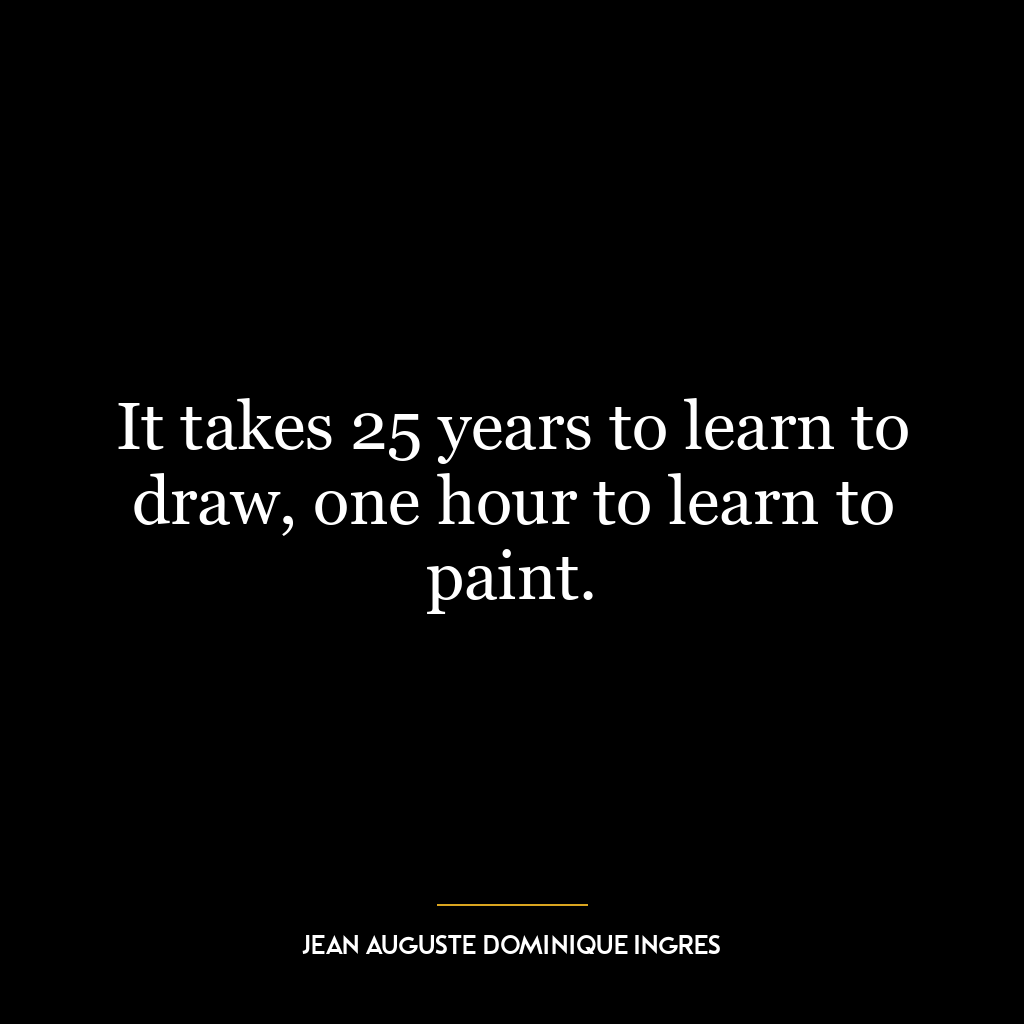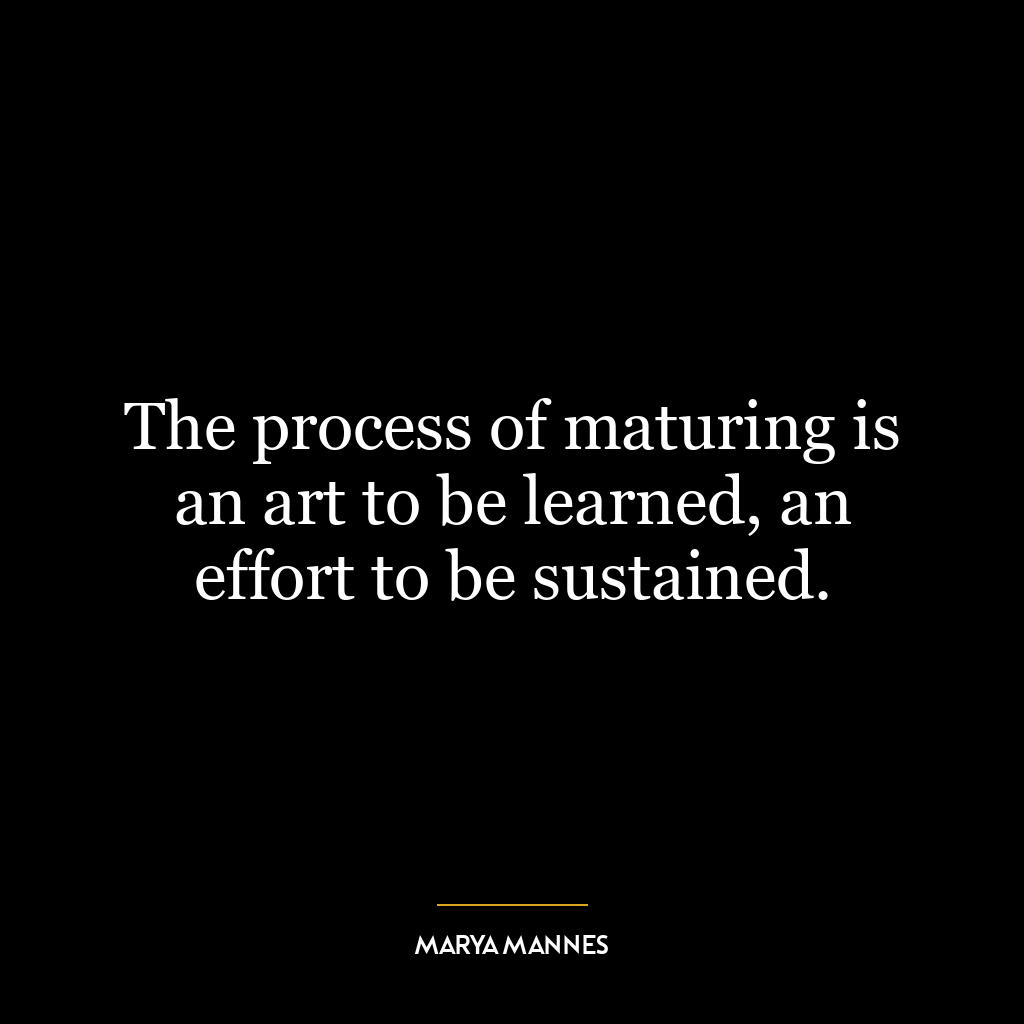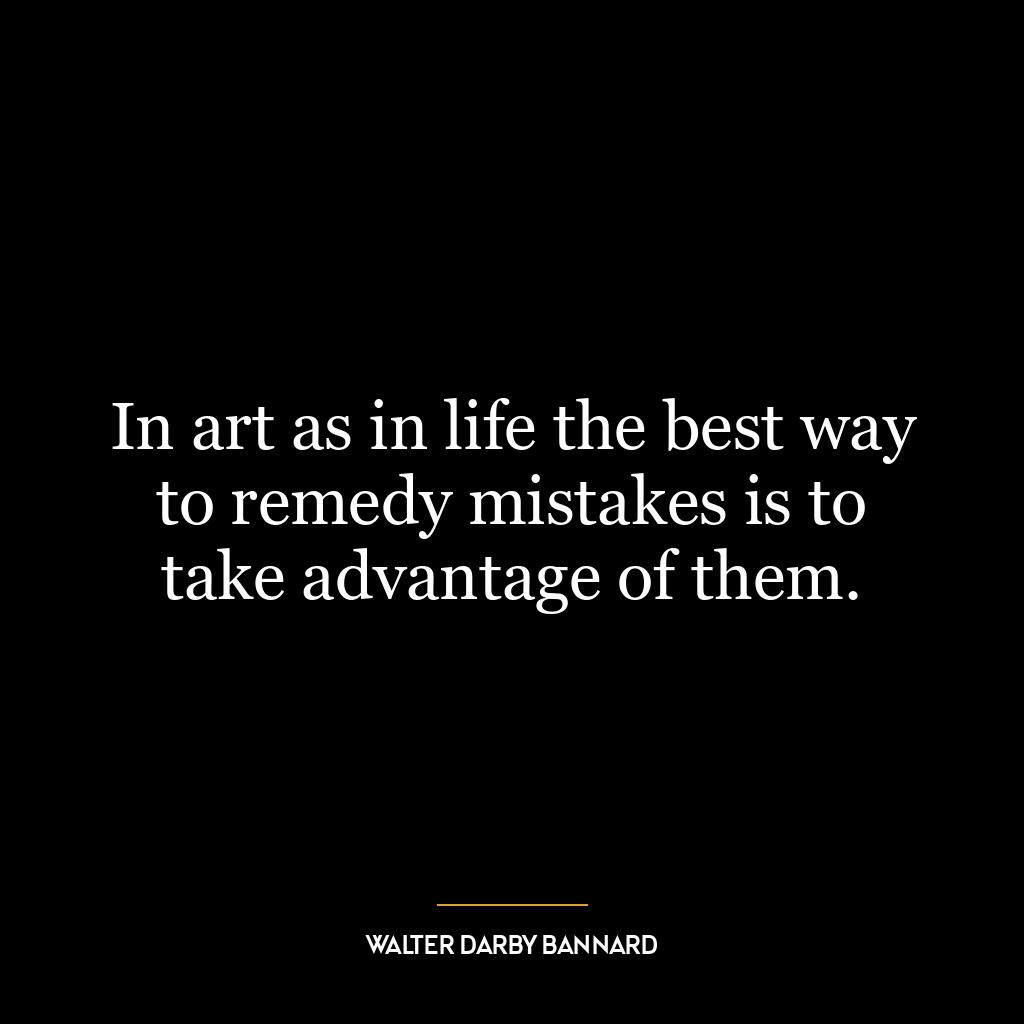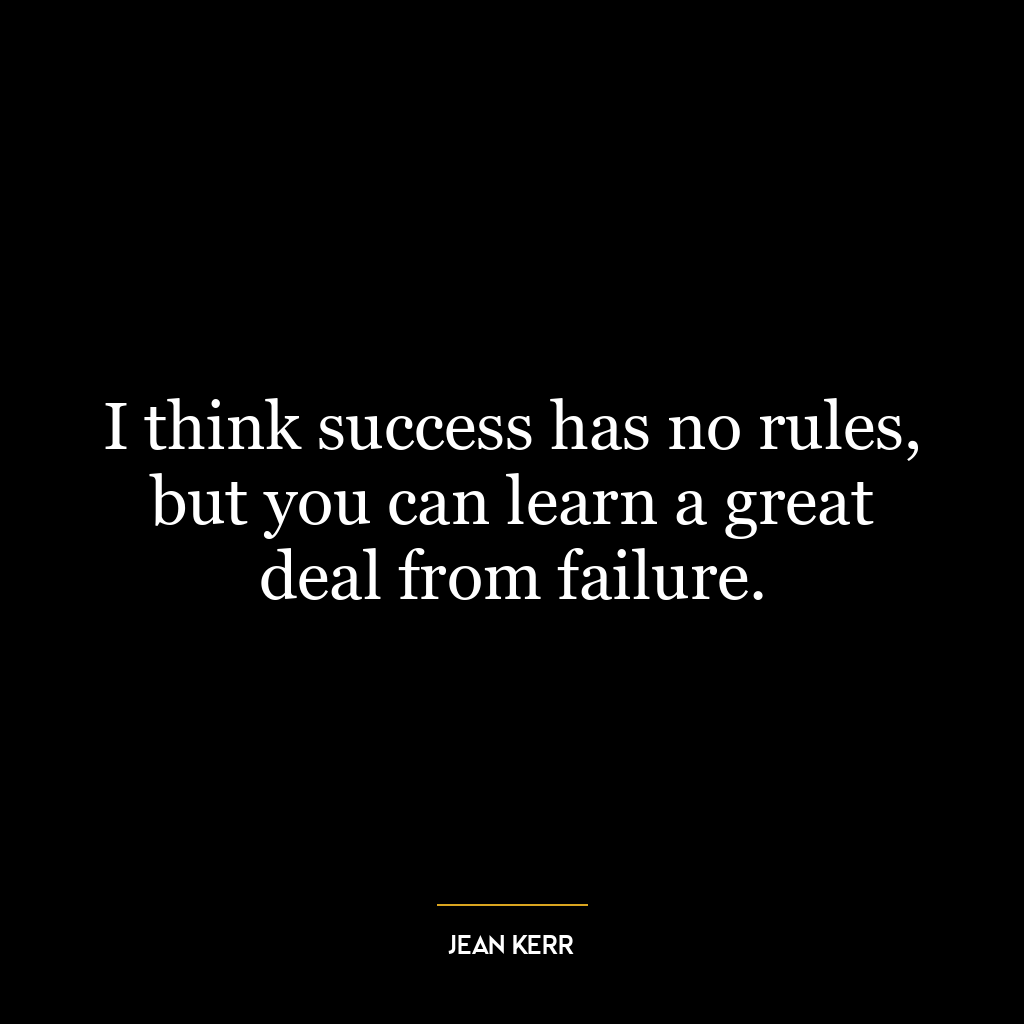A scholar tries to learn something everyday; a student of Buddhism tries to unlearn something daily.
This quote contrasts two different approaches to learning: the traditional Western approach, where knowledge is accumulated, and the Buddhist approach, where wisdom is gained through letting go of preconceived notions or unlearning. The scholar, in this context, is someone who seeks to acquire information and knowledge every day. They are on a constant quest to know more, to understand the world better, and to expand their intellectual horizons.
On the other hand, a student of Buddhism seeks to unlearn something daily. This means they strive to let go of assumptions, prejudices, or ingrained beliefs that cloud their perspective and hinder their understanding. The process of unlearning is about stripping away the unnecessary layers of conditioning and perception to reveal the core truth. It’s about understanding that our perceptions and beliefs are not absolute truth, but rather constructs that can be deconstructed and reevaluated.
Applying this idea to today’s world or personal development, it suggests that we should not only focus on acquiring new knowledge but also on questioning and reevaluating what we think we know. It encourages critical thinking and open-mindedness. In a world where we are constantly bombarded with information, it’s easy to accept things at face value. However, by adopting the Buddhist approach of unlearning, we can challenge our preconceptions, broaden our perspectives, and gain a deeper understanding of ourselves and the world around us.
In personal development, this could mean unlearning harmful behaviors, biases, or negative thought patterns that hold us back. It could also mean letting go of societal expectations that don’t serve us, in order to develop our own path. This process of unlearning can lead to personal growth, self-awareness, and a more authentic and fulfilling life.

